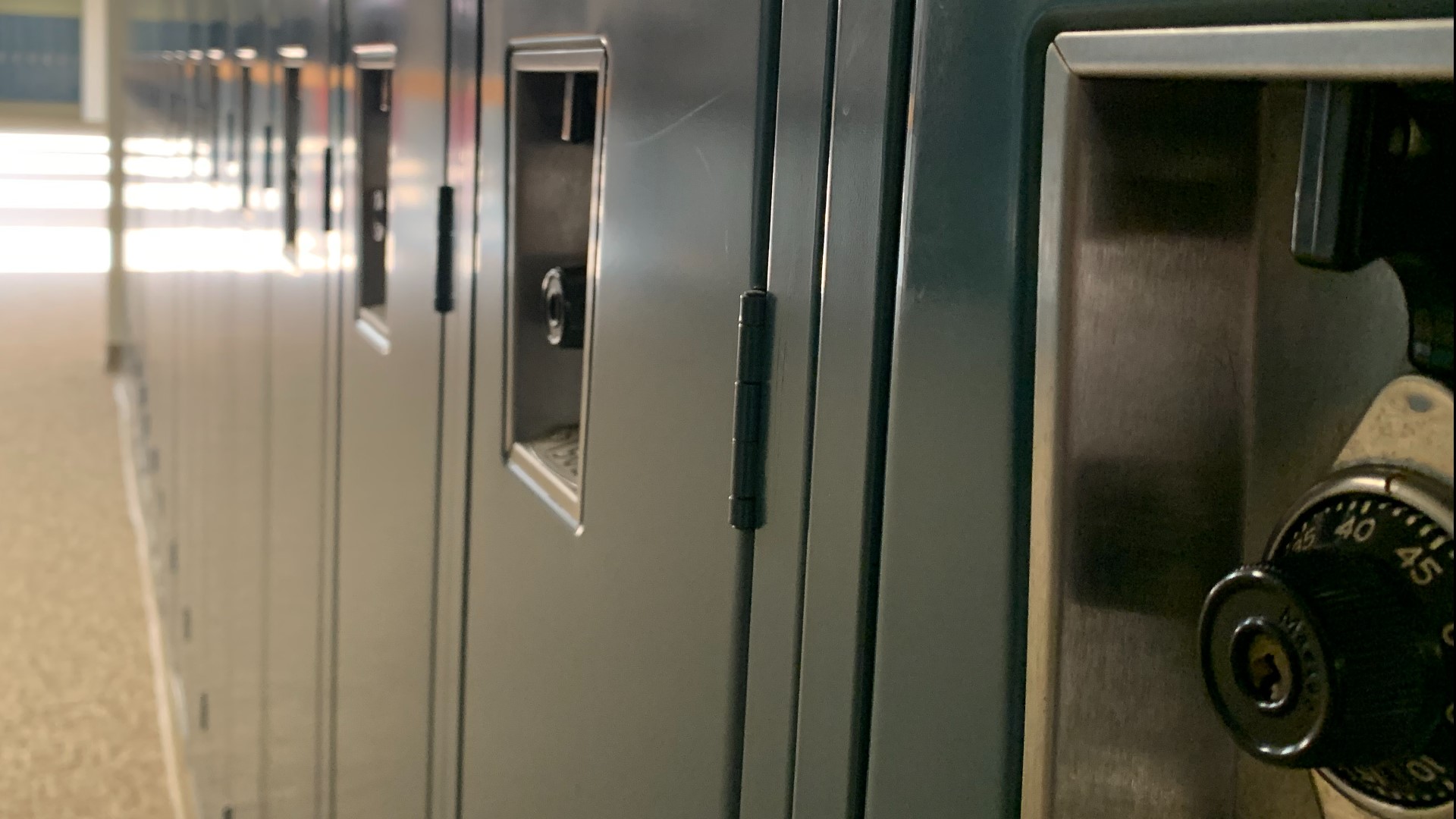GREENWOOD, Ind. — Many schools announced a regular start time this fall, but the school day itself will look different because of COVID-19.
WTHR Education Expert and Greenwood Middle School Assistant Principal Jennifer Brinker talked with Dustin Grove about what schools are doing:
Dustin Grove: Where are the majority of districts right now in the planning process and when can families expect to see detailed plans for reopening?
Mrs. Brinker: Most districts are in the final stages of creating their roadmaps for reopening school and will be sending those out in the next couple weeks. There are so many things to consider and it has felt like every solution yields two more problems, so leadership teams have been working diligently to come up with realistic solutions. There are simple measures that will be taken, like more frequent cleaning of classrooms, but there are several complex logistics to consider throughout the school day. School plans are as specific as possible but have to be fluid - they change as new regulations come to light constantly. So please keep in mind that it could change drastically at any time.
Dustin Grove: So what kinds of measures are schools planning to take in regard to social distancing and staying safe?
Mrs. Brinker: We are just trying to use common sense to figure out how to open safely. This includes spacing students out as much as possible, especially in places where larger groups gather, like cafeterias. Many students will eat lunch in alternate spots or in their classrooms. Students will be reminded to wash their hands more frequently and many schools are staggering dismissal times to avoid crowded hallways. A lot of the fun activities like school assemblies and field trips are just not going to be happening during this pandemic, just to be safe. We are also going to be limiting the number of visitors allowed in the school.
Dustin Grove: I hear a lot about buses. What is the plan for most schools there?
Mrs. Brinker: You know, those guidelines that were set out are great, but are difficult to follow. Most schools are encouraging parents to drive their children, if possible, but the reality of that is that several parents can’t. School buses will need to be sanitized more frequently and most schools are at least recommending (but several requiring) students to wear masks.
Dustin Grove: You bring up masks. Where are schools seeming to land on that precaution?
Mrs. Brinker: Masks are being suggested and sometimes required in most of the school plans. Health officials that have been providing guidance for school leaders have indicated that masks are a great measure for preventing the spread of the virus. They are especially important when social distancing is difficult or even impossible. Also, please keep in mind that the mask isn’t just for the safety of your child, but schools have several staff members, as well as students with intense health needs, that fit into the high-risk category. We have an obligation to protect them as well.
Dustin Grove: So what if parents aren’t comfortable with the plans the school corporations have in place?
Mrs. Brinker: From what I have seen and heard, most districts are offering a virtual option for those families that do not feel comfortable to return in person. We all realize that some families will need to have this option.
Dustin Grove: What extra role or responsibility can we as parents do to help?
Mrs. Brinker: This is very important, schools will be providing checklists for parents to make sure their child is healthy before sending them to school. Sometimes in the past, we would encourage a child with a headache or the sniffles but no fever to ‘tough it out.' This is not the time for that. Schools will be encouraging parents to keep students home if they are displaying any potential signs or symptoms. This also means schools will put less focus on attendance for the time being.
Dustin Grove: What happens if there is a confirmed case at the school?
Mrs. Brinker: There are protocols in place with the health department as to how that looks. There could be a number of options from minimal student exclusion to shutting down the entire district. Everything I have seen and heard indicates that this is a health department issue and schools will need to comply with the information we get from them.
Dustin Grove: Final thoughts?
Mrs. Brinker: I think one thing this pandemic has taught us is that schools are so much more than just buildings where academics are taught. Students rely on the relationships formed in those buildings and they are an important part of a community here. We are all doing the best we can to get back and stay safe. We as school leaders appreciate your support and understanding during this very tough time.

